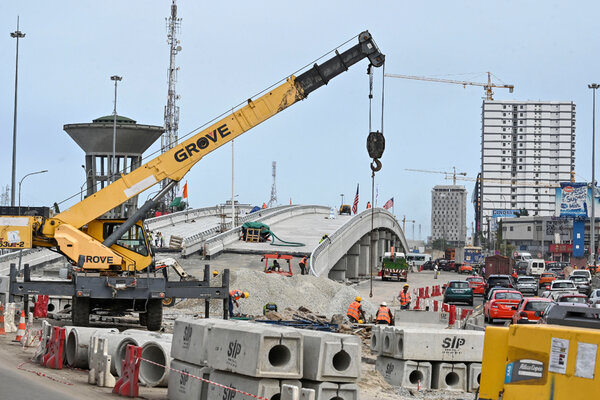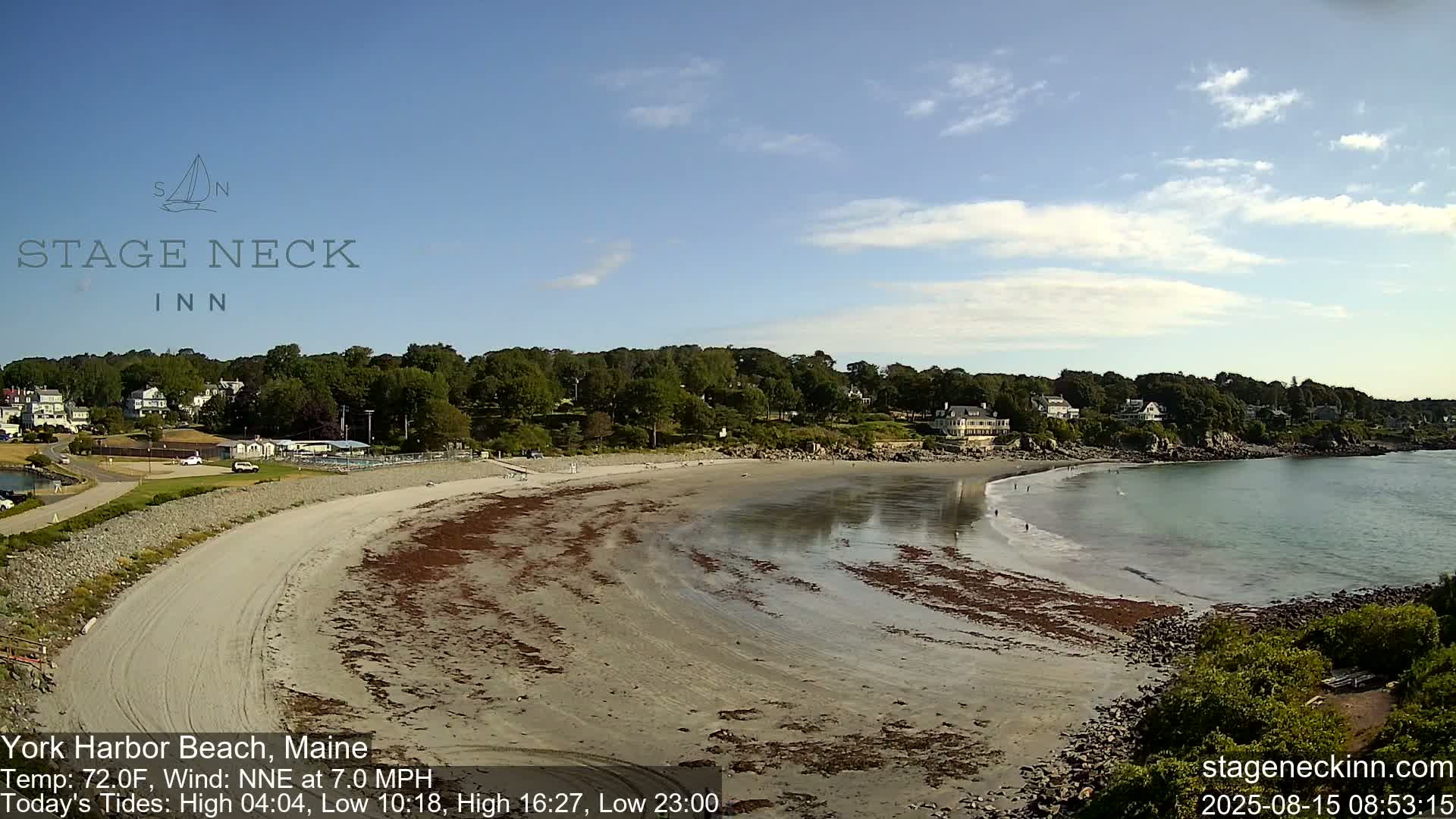US Prioritizes Trade Over Aid in Africa Amid Funding Cuts
The United States is changing its approach to Africa, focusing on trade deals instead of traditional aid programs. However, significant reductions in U.S. foreign assistance are creating uncertainty for ongoing infrastructure projects.
Infrastructure Project in Ivory Coast Faces Uncertainty
In Abidjan, Ivory Coast, an overpass largely financed by the U.S. is nearing completion. The project aims to ease traffic congestion in one of West Africa's largest cities. However, its future funding is now uncertain.
Construction workers are now rushing to complete the overpass before the Trump administration potentially cuts off the funding. The billboard acknowledging the American people's contribution was recently removed.
Shift to Trade-Focused Policy
Troy Fitrell, a high-ranking State Department official, stated that "trade, not aid, is now the pillar of our policy in Africa." This shift reflects a broader change in the U.S.'s engagement with the continent.
Despite this change in policy, multiple agreements have been signed between U.S. and Ivorian companies. These deals encompass agriculture, mining, and border security, and may represent a way forward under the new US approach.
Implications of Policy Changes
The Trump administration has reduced the size of USAID and implemented tariffs that put at risk free trade between African countries and the US. Anti-corruption standards for US companies doing business abroad have also been rolled back.
These changes, as well as the potential shutdown of an agency that funds infrastructure projects in Ivory Coast, Indonesia, Nepal and Senegal, demonstrate a significant shift in US policy towards Africa.







